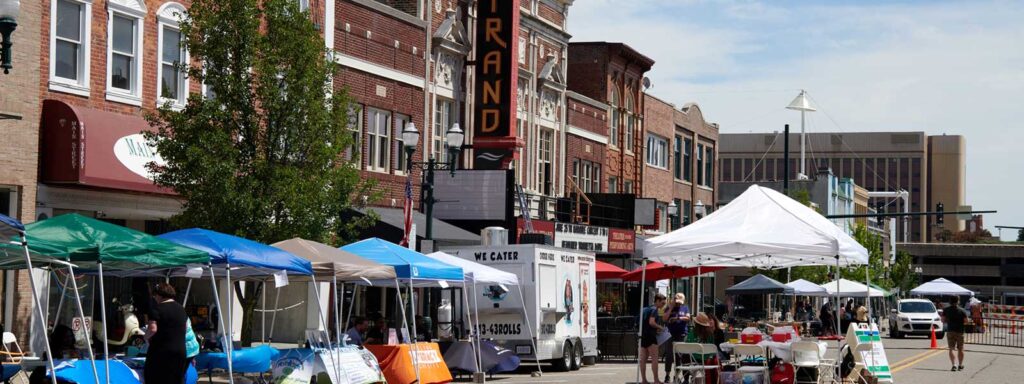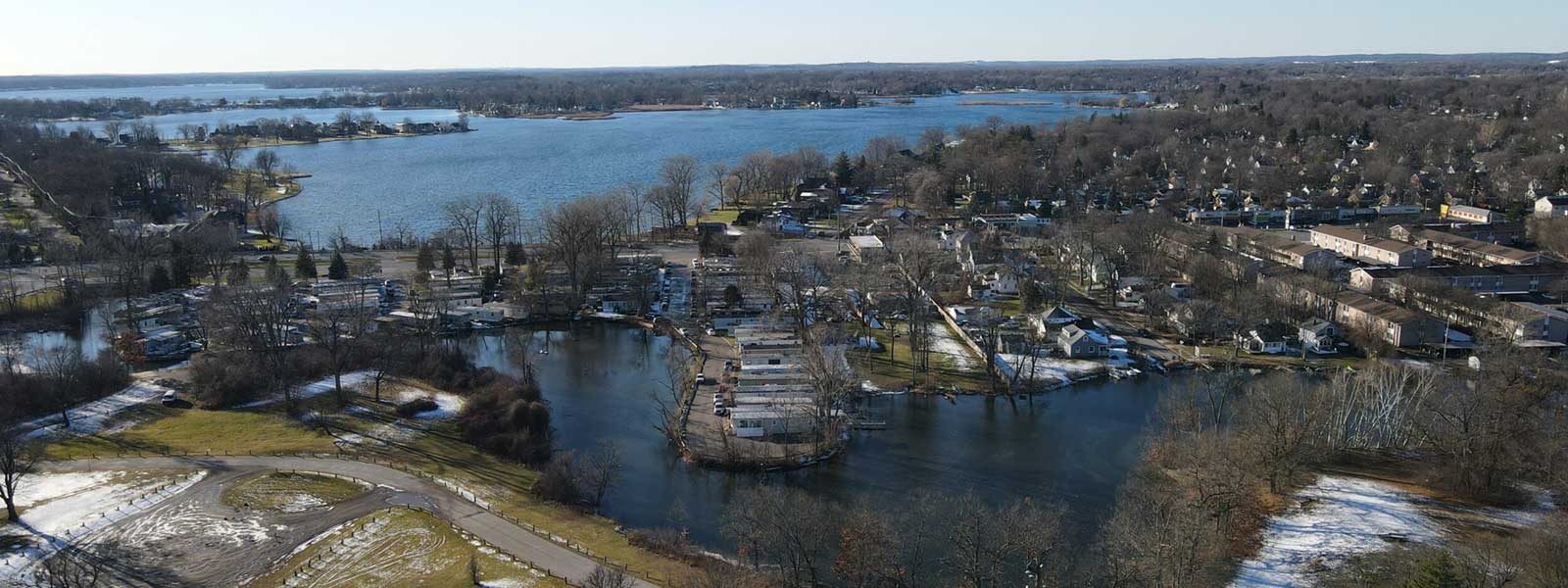About Pontiac
Pontiac is a diverse urban community in Southeast Michigan centrally located in Oakland County. Pontiac has approximately 60,000 residents and is 20 square miles.
Founded in 1818, Pontiac, Michigan, is the county seat of Oakland County, with a total population of over 60 thousand people. It is the second European-American settlement in the region, and was named after a chief of the Ottawa Tribe, who were the indigenous caretakers of this land prior to the arrival of European settlers.
As one of the core manufacturing centers of the automotive industry throughout the 20th Century, Pontiac offered a thriving economy. After consolidating several smaller car manufacturers, General Motors (GM) established a sophisticated automotive factory and related manufacturing infrastructure in Pontiac to build a variety of vehicles, including the famed Pontiac brand, which was named after the city.
During both waves of The Great Migration—first during the 1910s and 1920s and then post-World War II—many African Americans came to Pontiac from the South in search of better economic opportunities and to escape Jim Crow segregation. As a vibrant economic and community hub, Pontiac has evolved into a deeply multicultural city whose residents share rich heritages from around the world.

Throughout its history, Pontiac has reflected the changing cultural and societal values that have occurred throughout the United States. It was the site of both the NFL Super Bowl XVI in 1982, and the destruction of ten school buses, which were bombed in 1971 during White resistance to public school desegregation. As a former “company town,” Pontiac has experienced both meteoric economic growth as well as stagnation: After GM closed many of its operations in the area, Pontiac struggled to develop new economic opportunities for its residents, but has since become the site of a regional Amazon Fulfillment Center as well as the headquarters for United Wholesale Mortgage.
The community of Pontiac is built by the resilience, creativity, and dedication of its residents. As it moves into its third century as a regional hub, it feels like Pontiac is only getting started.




